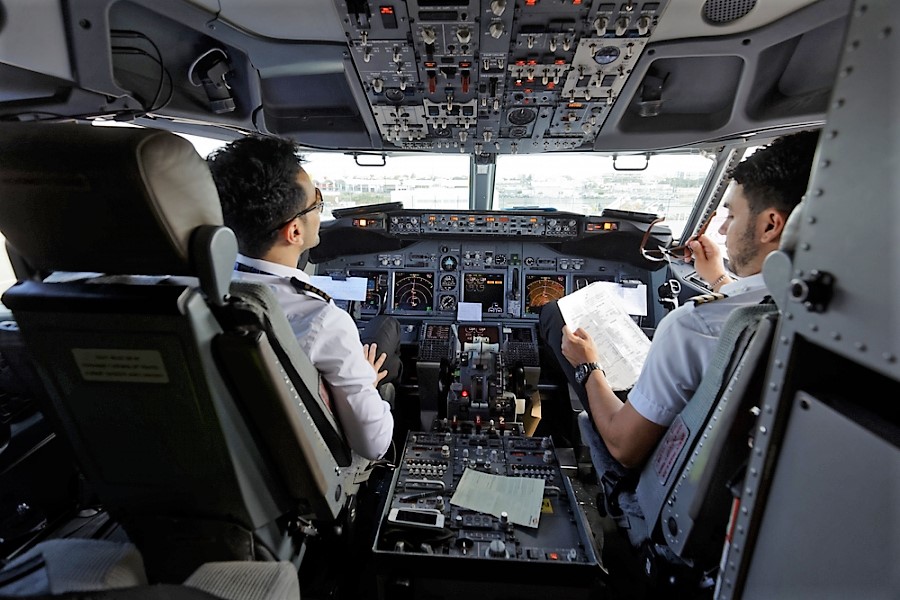Representatives of Spanish pilots working for Ryanair will launch legal action against the airline over contracts they say fail to comply with Spanish law, the SEPLA union said on Wednesday.
Ryanair decided in December to recognise unions for the first time but is struggling to formalise relations in some countries. It warned its pilots this week that it would face down “laughable demands” for conditions similar to high-cost rivals even if that meant strikes at Easter.
In a letter sent to members that was reviewed by Reuters, SEPLA accused Ryanair management of failing to negotiate in good faith since Europe’s largest budget airline opened the recognition talks.
“After the last few weeks’ events and based on the statements of our managers, it has become clear that Ryanair has no intention of negotiating with the pilots’ representatives until they are forced to do so,” the letter, dated Feb 6, said.
“We have been naive in believing management really wanted to change the course of such toxic labour relations.”
SEPLA said it planned to submit two lawsuits to Spain’s High Court regarding Ryanair’s contracts. It says they represent 500 of 800 Ryanair pilots based in Spain.
Ryanair said it complied fully with all European Union and Spanish employment law, adding that an appeal court ruling in the city of Valencia last month meant that Spanish courts had no jurisdiction over Ryanair pilot and cabin crew employment.
The airline received a boost last week when it struck its first formal recognition agreement with Britain’s pilots’ association and chief executive Michael O’Leary said on Monday that major progress was being made in Italy and Portugal, where unions had threatened strikes before Christmas.
Other say they will refuse a unilateral offer of a pay rise unless they get assurances it won’t impact future talks on pay and conditions.
Analysts at Goodbody Stockbrokers said that while not all negotiations have gone smoothly, Ryanair had gone some considerable way in addressing non-pay issues with their pilots.
“The contentious relationship with this – increasingly smaller – rump of pilots will rumble on for some time, with this the reason why management warned of possible negative PR from the threat of strikes leading up to the Easter holiday period,” Goodbody wrote in a note.
“However, what is becoming clearer is that the risk to the group is diminishing daily as more pilots accept the pay offer, even where unions have lobbied against them doing so.”






